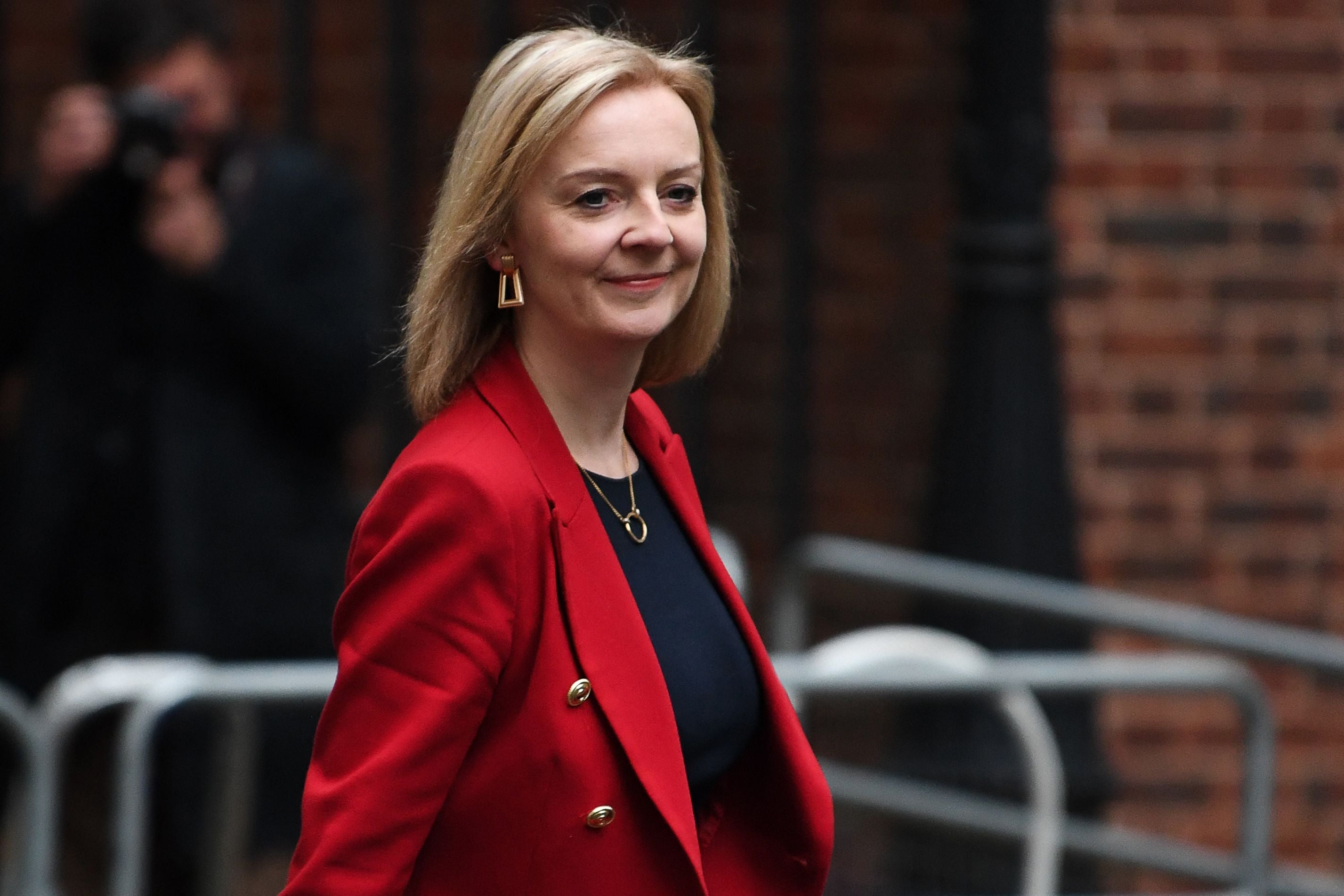What is the loophole in the government’s conversion therapy ban?
The government’s focus is on ‘coercive’ practices but campaigners argue exemptions for ‘consenting’ adults will create a major loophole, writes Ashley Cowburn


For three years, Conservative governments have waxed lyrical about plans to ban the “abhorrent” practice of conversion therapy – a discredited “therapy” that seeks to suppress an individual’s sexual orientation or gender identity.
Speaking at the Tories’ annual conference earlier this month, Carrie Johnson, the prime minister’s wife, made a rare intervention at an LGBT+ reception, insisting that the government remained “completely committed” to introducing a legislative ban.
The long-standing pledge – first made by Theresa May – has fallen victim to multiple delays in recent years, but on Friday ministers launched a six-week consultation process, seeking views from the LGBT+ and religious communities. Equalities minister Liz Truss said it “sets out how we will ban the archaic practice that has no place in modern life” and promised to introduce legislation by spring next year.
Included in the proposals, the government intends to create a new offence for physical conversion therapies with both sentencing and financial punishments, alongside the introduction of protection orders to prevent potential victims from undergoing the practice, including abroad.
However, campaigners have long expressed concern that the government’s focus is only on banning “coercive” practices – saying there should be no defence that a victim appears to have consented if the government hopes to introduce a truly comprehensive ban.
Earlier this month, a report signed by leading lawyers argued there can be “no exemption for ‘consenting’ adults who seek out conversion practices despite the harm involved”.
“This is because the pressure and imbalance of power involved mean that such ‘consent’ cannot be truly free or autonomously exercised. Allowing these to continue would put a significant number of vulnerable people at risk,” the report added.
Jayne Ozanne – a former LGBT+ adviser to government – said she was “extremely concerned” about ministers’ proposals to allow “informed consent” and will be seen as a ban in “name only”.
“It’s a major loophole and will leave thousands at risk,” she added. “Sadly, the desires of perpetrators have been prioritised over the needs of survivors, in relation to religious practices.”
While welcoming the proposals as a “huge step forward to consign this practice to the history books”, the country’s biggest LGBT+ charity, Stonewall, said there were still “concerning gaps” that ministers must close.
“We also can’t support that the proposals allow for people to ‘consent’ to conversion therapy – a practice that is abusive cannot be consented to,” the organisation stressed.
The loophole could become a major source of controversy in the coming months: Labour has already criticised the idea that people can “consent to these insidious practices”.
However, with the government not expected to respond to the results of the consultation until 2022, legislation will not be introduced into the Commons until at least spring. It will be sometime before a “ban” – with or without loopholes – will be on the statue book.






Join our commenting forum
Join thought-provoking conversations, follow other Independent readers and see their replies
Comments